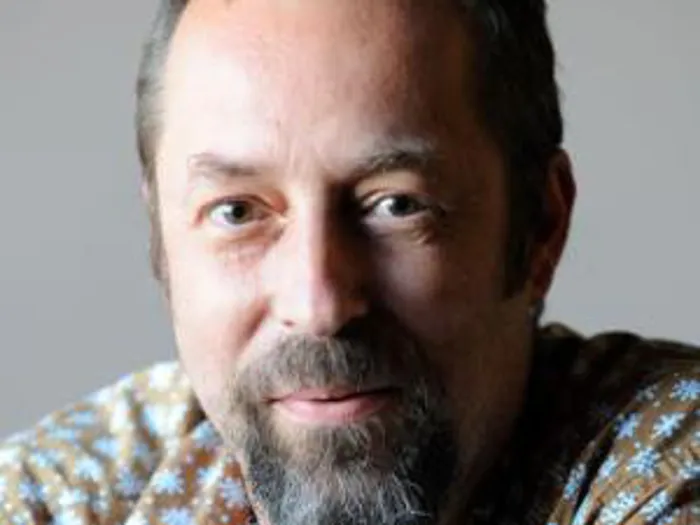Trust each other to grow something new and create value

Rory Williams Rory Williams
Rory Williams
ROBERT believes in conventions and the honour of keeping one’s word. He trusts people who uphold social norms. He knows that people value appearances and that if we stick to the rules, there will be peace and predictability. Otherwise, there is chaos.
As the Earl of Grantham at Downton Abbey, in the British TV series of the same name, Robert Crawley is taken, kicking and screaming, through the social turmoil of the early 20th century, a time when civilisation seems to be crumbling around him. Although he actually understands very little of what goes into making his life what it is, one thing that he will not relinquish is his civic duties.
He is responsible for the welfare of his family and the army of servants who run his household, and of the townsfolk on his estate. He performs his duties as required of someone born into his position, believing that this is his role in keeping the empire together.
I met another small-town Robert here in the Western Cape. Though the privileged life he was born into is not as grand as the earl’s, he has a similar sense of patriarchal duty, can’t abide people who don’t keep their word and displays an utter lack of awareness of the things that go on “downstairs” to keep everything functioning.
This Robert wants honesty. Don’t steal, ask if you want to borrow something…
But he doesn’t grasp the deeper sense of neighbourliness, a less legalistic and more generous way of living, which does not require that each exchange be tallied up to ensure that one person does not take more than she gives.
We probably all know a Robert. Indeed, there could be a bit of Robert in most of us as we struggle to know what to hang on to in a changing society, and fall back on rules and conventions as a measure of social values, even if they no longer work.
David Bowie once said that in the 1970s the duality of known truths and known lies started to break down, and now “there are always two, three, four, five sides to every question… we are living in total fragmentation”. We are moving away from social cohesion, holding on to whatever reinforces our frame of reference.
It’s harder to agree on what is right or ethical or even sensible.
Writers attract attention by adding a new twist to old themes, so that any group of readers can echo their champion and say, “Yes! That is so true!”, when what they mean by “true” is simply that they agree with the point, even though they have no way of knowing if it is true or not. It just makes sense to them.
Of course a new perspective can usefully stimulate new ways of thinking. But I suspect that it is often a false sense of openness to new ideas, really just allowing us to nestle more comfortably into our particular niche.
I was trying to think of a term for what it means to hold a set of values that are not about rights or even ethics, but about how to collectively build value in the social sphere. Like other assets, social value can be hoarded, or it can be available for all to use.
How can we collaboratively create and share value in a way that builds trust and responsibility for a common future? What do you call this?
And I thought of “civic intelligence”, a bit like emotional intelligence but applied to a collective process. A quick Google search told me that the term is already taken – meaning something closer to a communal brain, or society contributing to shared knowledge. Still, I like my use of the term, which is more about how we interact – how we acquire and use social awareness for the common good and a stronger society.
We think of intelligence as an individual attribute and even when we contribute to public debate, we seem more interested in showing what we know than creating value.
In writing, I create intellectual property. You can use it if you acknowledge it’s mine, like I might ask to borrow Robert’s garden spade. But whether we are planting ideas or seeds, perhaps we should be less legal-minded and trust each other to grow something new and exciting, allowing us to give back more than we took.
@carbonsmart